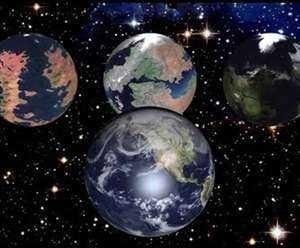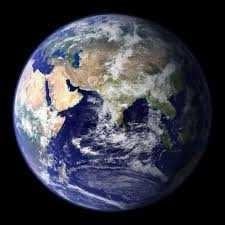Published: 14 Mar 2018 05:42 PM (IST)  Scientists have claimed that they have discovered some new planets where there is plenty of water like Earth. However, these planets are outside our solar system. ...
Scientists have claimed that they have discovered some new planets where there is plenty of water like Earth. However, these planets are outside our solar system. ...

These are 15 new planets
This thing is known to the whole world that there is no house to live in our solar system because there is no water. This is the reason that scientists around the world are searching for similar planetary planets even after crossing their solar system. In the same sequence, some Japanese scientists have claimed the discovery of 15 new planets. There is also a super meaning that water is likely to exist. According to the scientists, all of these exoplanets are circling a red dwarf star, these stars are relatively small and cold in size.

Found 3 superheroes on one's water
Scientists from Japan's Tokyo Institute of Technology have studied NASA's data on the second campaign of NASA's Kepler Spacecraft. Let us know that NASA's Spacecraft has prepared this special space data with the help of the Subaru Telescope in Hawaii in the US and the Nordic Optical Telescope of Spain. Explaining the research related to all these new exoplanets, Japanese scientist Prof. Hirano says that 3 of the 15 planets discovered in this research are considered superuser because they are larger in size than Earth. However, all these planets are orbiting a red star about 2 to 155, which is about 200 light years away from our planet. In these 3 superstitions, water is expected to be on the outermost planet, but it is hard to say honestly about it right now. That is why NASA is going to launch Transition Exoplanet Survey Satellite (TES) in April so that more exoplanets can be discovered in this universe.

Ai system released to the whole world
Recently, NASA has made its Artificial Intelligence (AI) system made public in front of the world to find stars and houses in space. So that by using this technique, all the scientists of the world can find planets outside the solar system. Recently, a neural network was created with the help of this system, which investigated the data collected from NASA's Keppler Space Telescope, and discovered two planets named Kepler-90-Eye and Kepler-80G.
By sumati